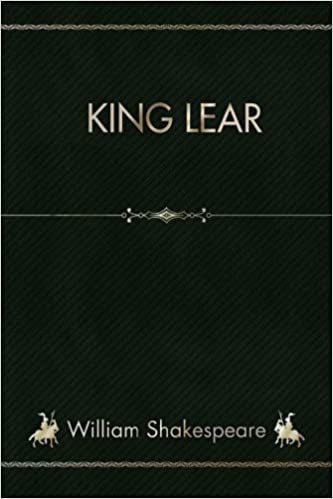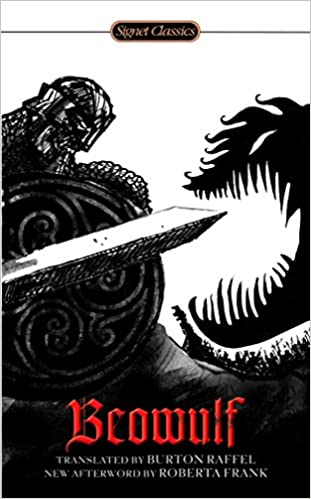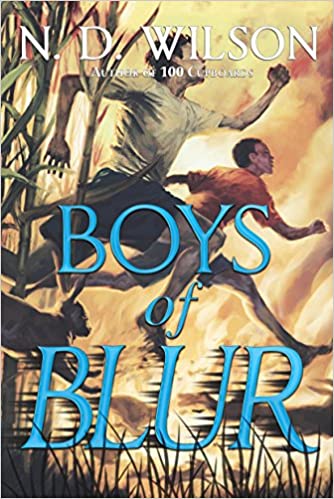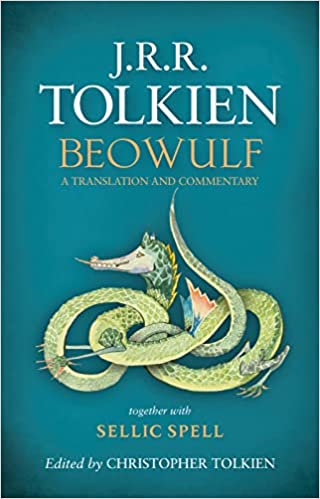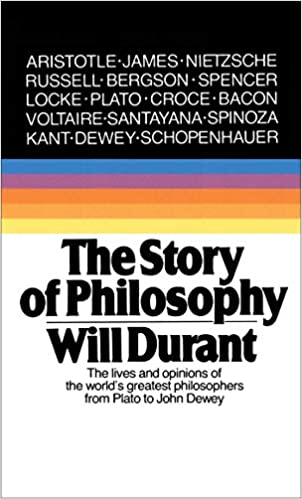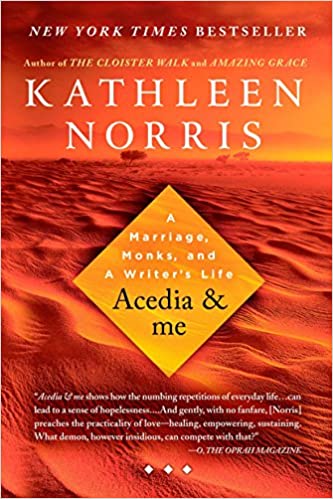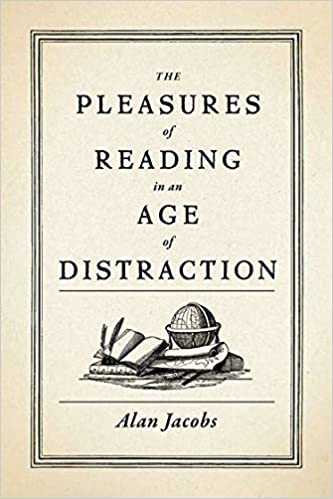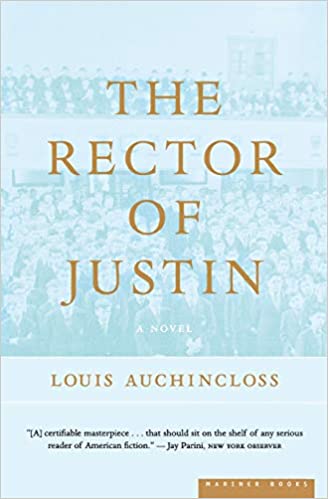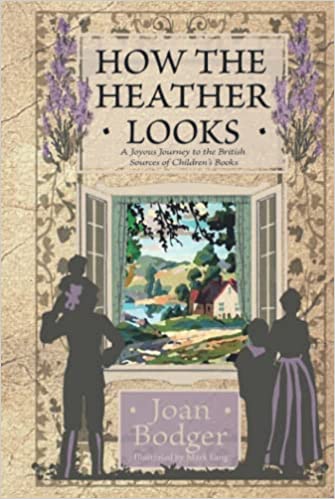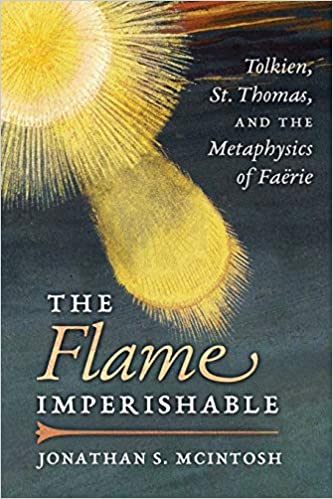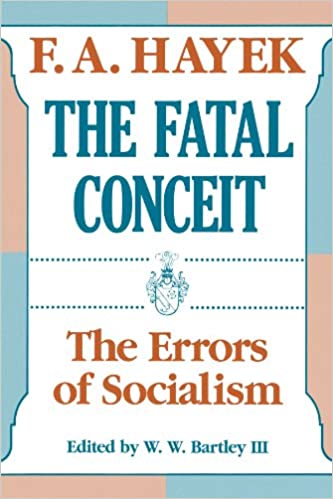King Lear
King Lear is considered one of Shakespeare's greatest plays. King Lear decides to step down and divide his kingdom between his three daughters. When his youngest and favorite daughter refuses to compete and perform her love for him, he is enraged and disowns her. She remains loyal to him, however, though he slides into madness and his other children betray him.
More info →King Richard II
This richly annotated edition takes a fresh look at the first part of Shakespeare's second tetralogy of history plays, showing how it relates to the other plays in the sequence. Forker places the play in its political context, discussing its relation to competing theories of monarchy, looking at how it faced censorship because of possible comparisons between Richard II and Elizabeth I, and how Bolingbroke's rebellion could be compared to the Essex rising of the time. This edition also reconsiders Shakespeare's use of sources, asking why he chose to emphasise one approach over another. Forker also looks at the play's rich afterlife, and the many interpretations that actors and directors have taken. Finally, the edition looks closely at the aesthetic relationship between language, character, structure and political import.
More info →Beowulf
Before there was Game of Thrones, there was Beowulf...
SONG OF BATTLE AND KINGS
Beowulf is one of the earliest extant poems in a modern European language, composed in England before the Norman Conquest. As a social document this great epic poem is invaluable—reflecting a feudal world of heroes and monsters, blood and victory, life and death. As a work of art, it is unique. Beowulf rings with beauty, power, and artistry that have kept it alive for a thousand years. The noble simplicity of Beowulf's anonymous Anglo-Saxon singer is recaptured in this vivid translation by Burton Raffel.
Translated and with an Introduction by Burton Raffel
and an Afterword by Roberta Frank
Boys of Blur
Fans of Jerry Spinelli's Maniac Magee and Louis Sachar's Holes will enjoy this story about a boy and the ancient secrets that hide deep in the heart of the Florida everglades near a place called Muck City.
When Charlie moves to the small town of Taper, Florida, he discovers a different world. Pinned between the everglades and the swampy banks of Lake Okeechobee, the small town produces sugar cane . . . and the fastest runners in the country. Kids chase muck rabbits in the fields while the cane is being burned and harvested. Dodging flames and blades and breathing smoke, they run down the rabbits for three dollars a skin. And when they can do that, running a football is easy.
But there are things in the swamp, roaming the cane at night, that cannot be explained, and they seem connected to sprawling mounds older than the swamps. Together with his step-second cousin "Cotton" Mack, the fastest boy on the muck, Charlie hunts secrets in the glades and on the muck flats where the cane grows secrets as old as the soft earth, secrets that haunted, tripped, and trapped the original native tribes, ensnared conquistadors, and buried runaway slaves. Secrets only the muck knows.
More info →Beowulf: A Translation and Commentary
J.R.R. Tolkien completed his translation of Beowulf in 1926: he returned to it later to make hasty corrections, but seems never to have considered its publication. This edition includes an illuminating written commentary on the poem by the translator himself, drawn from a series of lectures he gave at Oxford in the 1930s.
His creative attention to detail in these lectures gives rise to a sense of the immediacy and clarity of his vision. It is as if Tolkien entered into the imagined past: standing beside Beowulf and his men shaking out their mail-shirts as they beach their ship on the coast of Denmark, listening to Beowulf’s rising anger at Unferth’s taunting, or looking up in amazement at Grendel’s terrible hand set under the roof of Heorot.
“Essential for students of the Old English poem—and the ideal gift for devotees of the One Ring.” —Kirkus
More info →The Story of Philosophy
A brilliant and concise account of the lives and ideas of the great philosophers, from Plato to Dewey.
Few write for the non-specialist as well as Will Durant, and this book is a splendid example of his eminently readable scholarship. Durant’s insight and wit never cease to dazzle; The Story of Philosophy is a key book for anyone who wishes to survey the history and development of philosophical ideas in the Western world.
More info →Acedia & me
Kathleen Norris had written several much loved books, yet she couldn't drag herself out of bed in the morning, couldn't summon the energy for her daily tasks. Even as she struggled, Norris recognized her familiar battle with acedia, a word she had discovered in early Church text years earlier. Fascinated by this "noonday demon", so familiar to those in the early and medieval Church, Norris knew she must restore this forgotten but important concept to the modern world's vernacular. An examination of acedia in the light of psychology, spirituality, the healing powers of religious practice, and Norris's own experience, Acedia & Me is both intimate and historically sweeping, brimming with exasperation and reverence, sometimes funny, often provocative, and always insightful.
More info →The Pleasures of Reading in an Age of Distraction
In recent years, cultural commentators have sounded the alarm about the dire state of reading in America. Americans are not reading enough, they say, or reading the right books, in the right way.
In this book, Alan Jacobs argues that, contrary to the doomsayers, reading is alive and well in America. There are millions of devoted readers supporting hundreds of enormous bookstores and online booksellers. Oprah's Book Club is hugely influential, and a recent NEA survey reveals an actual uptick
in the reading of literary fiction. Jacobs's interactions with his students and the readers of his own books, however, suggest that many readers lack confidence; they wonder whether they are reading well, with proper focus and attentiveness, with due discretion and discernment. Many have absorbed
the puritanical message that reading is, first and foremost, good for you--the intellectual equivalent of eating your Brussels sprouts. For such people, indeed for all readers, Jacobs offers some simple, powerful, and much needed advice: read at whim, read what gives you delight, and do so without
shame, whether it be Stephen King or the King James Version of the Bible. In contrast to the more methodical approach of Mortimer Adler's classic How to Read a Book (1940), Jacobs offers an insightful, accessible, and playfully irreverent guide for aspiring readers. Each chapter focuses on one
aspect of approaching literary fiction, poetry, or nonfiction, and the book explores everything from the invention of silent reading, reading responsively, rereading, and reading on electronic devices.
Invitingly written, with equal measures of wit and erudition, The Pleasures of Reading in an Age of Distraction will appeal to all readers, whether they be novices looking for direction or old hands seeking to recapture the pleasures of reading they first experienced as children.
The Rector of Justin
Regarded as one of Louis Auchincloss's most accomplished novels, THE RECTOR OF JUSTIN centers on Frank Prescott, the founder of an exclusive school for boys. Eighty years of his life unfold through the observations of six narrators, each with a unique perspective on the man, his motivations, and the roots of his triumphs and failings.
More info →How the Heather Looks
Over sixty years ago, Joan Bodger, her husband, and their two children traveled to the UK for the adventure of a lifetime. There, they sought to discover the lands they knew from their beloved children's books. Come along and see for yourself the people and places behind the stories we love.
In Edinburgh, they stand outside the childhood home of Robert Louis Stevenson. They discover the countryside that inspired Caldecott's illustrations in Whitworth. In the Lake District, the farm where Jemima Puddle-duck laid her eggs. And in Winnie the Pooh Country Mrs. Milne herself shows the way to "that enchanted place on the top of the Forest [where] a little boy and his Bear will always be playing." Join their adventures, from sleeping in a wagon to "messing about" in boats on the Thames. While not all their quests end in victory, like any marvelous story, how they get there is what matters.
While we can't all make the journey ourselves, we can let Joan Bodger take us along. As Emily Dickinson says, "even if we "have never seen a moor," we can still imagine "how the heather looks.""
How the Heather Looks has been called 'the book most often stolen by retiring children's librarians." This new edition features the stunning art by Mark Lang, and the authors' afterword, written thirty years after the book was first released.
More info →The Flame Imperishable
J. R. R. Tolkien was a profoundly metaphysical thinker, and one of the most formative influences on his imagination, according to this new study of his works, was the great thirteenth-century theologian, St. Thomas Aquinas. Structured around Tolkien’s Middle-earth creation myth, the Ainulindale, The Flame Imperishable follows the thought of Aquinas as a guide in laying bare the deeper foundations of many of the more familiar themes from Tolkien’s legendarium, including such notions as sub-creation, free will, evil, and eucatastrophe. More than merely using Aquinas to illuminate Tolkien, however, this study concludes that, through its appropriation of many of the philosophical and theological insights of Aquinas, what Tolkien’s literary opus achieves is an important and unique landmark in the history of Thomism itself, offering an imaginative and powerful contemporary retrieval, interpretation, and application of Thomistic metaphysics for the twentieth and twenty-first centuries.
More info →The Fatal Conceit
Hayek gives the main arguments for the free-market case and presents his manifesto on the "errors of socialism." Hayek argues that socialism has, from its origins, been mistaken on factual, and even on logical, grounds and that its repeated failures in the many different practical applications of socialist ideas that this century has witnessed were the direct outcome of these errors. He labels as the "fatal conceit" the idea that "man is able to shape the world around him according to his wishes."
More info →
